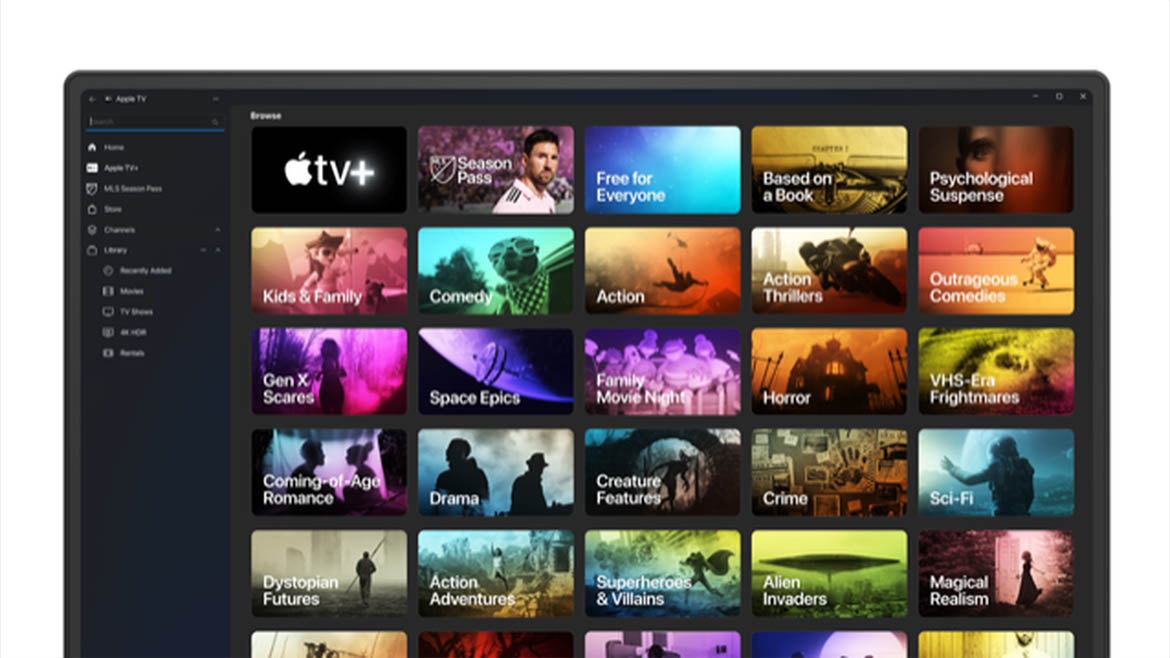The most encouraging AI smart glasses come from a brand that is unfamiliar to you: Brilliant Labs.
Today, Brilliant Labs is announcing the release of Frame, which the firm claims to be the first glasses in the world to have a built-in multimodal AI assistant. If your understanding of smart glasses involves displaying visual overlays in your surroundings and observing text appearing as you move around, then the Frame, rather than the several glasses that mirror screens, is the one you have been anticipating.
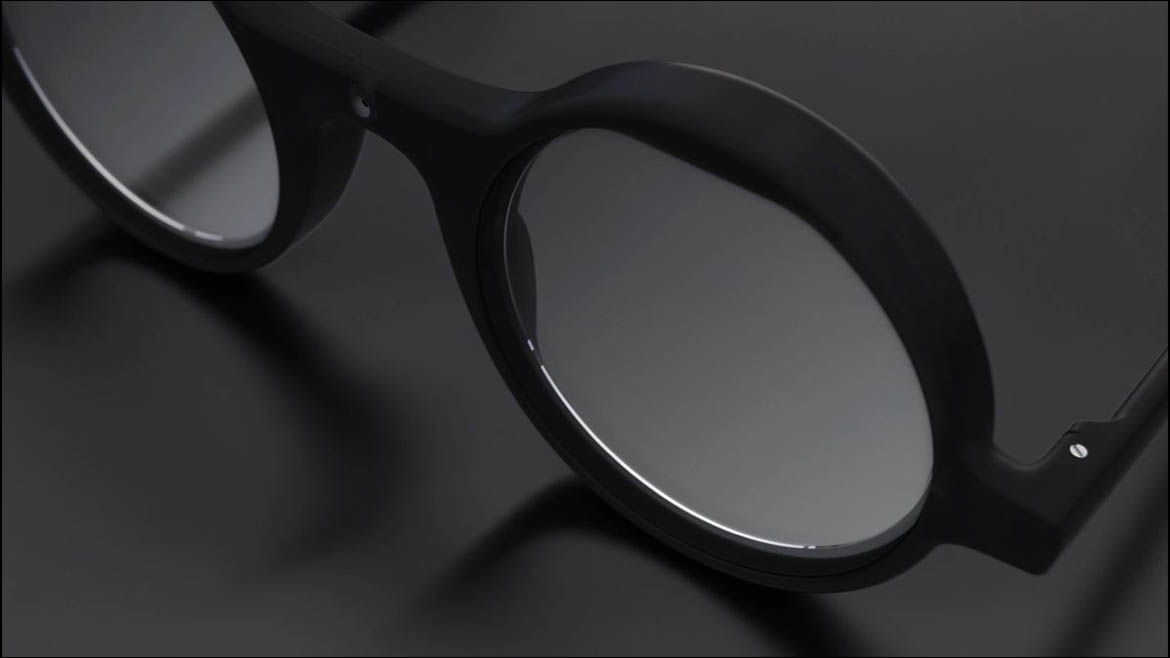
Frame, similar to the Humane AI Pin and Rabbit R1, allows you to explore and engage with the real world using multimodal, generative AI agents. You can ask the ever-present AI assistant, “Noa,” about the contents in your sight, the estimated calorie intake, or the meaning of foreign signs, and it will select the most suitable AI model to respond, ranging from GPT-4V for visual-related inquiries to the stable diffusion model for image creation to perplexity AI for searching.
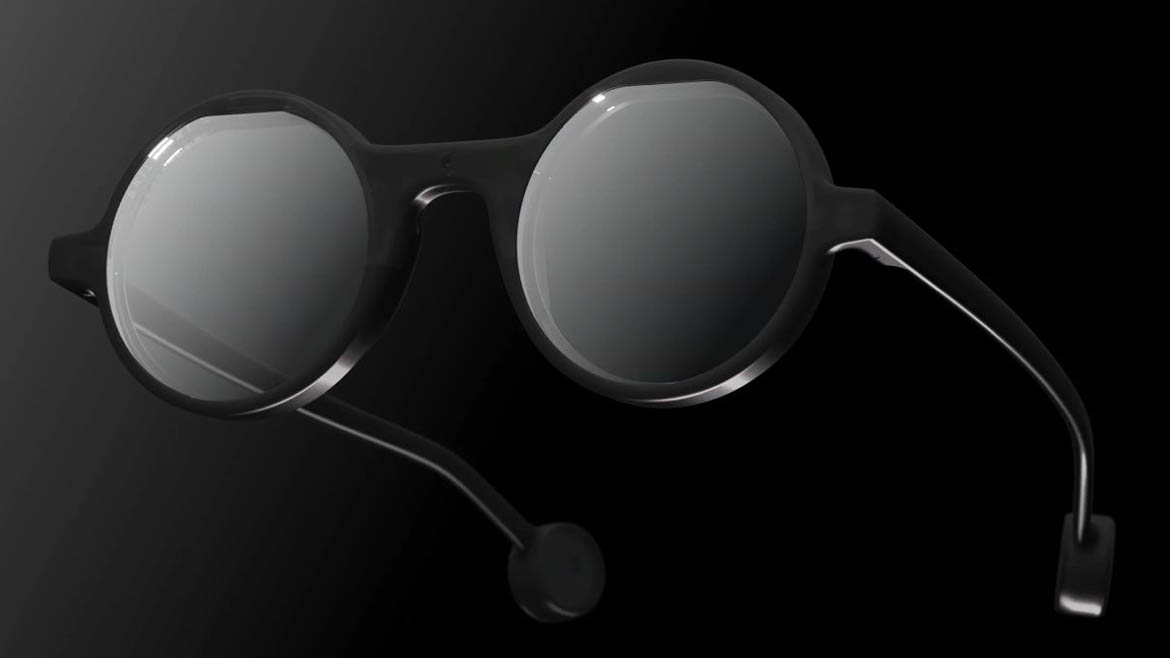
The Perplexity integration is perhaps the most noteworthy AI collaboration of the Frame since its search capabilities are comparable to Google and can produce quick and dependable outcomes. “From a more technical standpoint, we have experimented with various methods, and there is simply no one who can match their speed.”Quickness is important when you’re in that situation and only have a few seconds to learn about something before moving on to the next item,” Bobak Tavangar, CEO of Brilliant Labs, tells me.
Gandhi, John Lennon, and Steve Jobs all wore vintage, unique glasses that served as inspiration for the frame’s design. According to Bobak, they wanted to create something that looks familiar and has a connection to our popular culture while also being new and unfamiliar. Enclosed in the lenses is a projector that can emit text and images over a 20-degree diagonal field of vision. It is more than enough to showcase the AI output use case and gives the impression of an iPad Pro when held at a distance. Take a peek at the Frame spectacles below.

It’s challenging to avoid making analogies between the Frame and the Meta Ray-Ban smart glasses; both wearables are designed to have an AI assistant on your face, accessible at all times. However, there is one aspect that the Frame does not include, which you may or may not appreciate: It cannot capture and save photographs and movies. The Frame only has a single sensor pointing forward. It collects the information in front of you when you answer visual-based questions, such as “What would you recommend on this menu for vegans?” However, the data is deleted immediately after.
However, similar to the Meta Ray-Ban, the Frame is operated by your smartphone and functions on the cellular or Wi-Fi network it is connected to. This implies that the AI wearable is not designed to replace your phone. That also implies that the glasses will just serve as a fashion piece and nothing else while you’re on the train or in an area with an extremely weak signal.
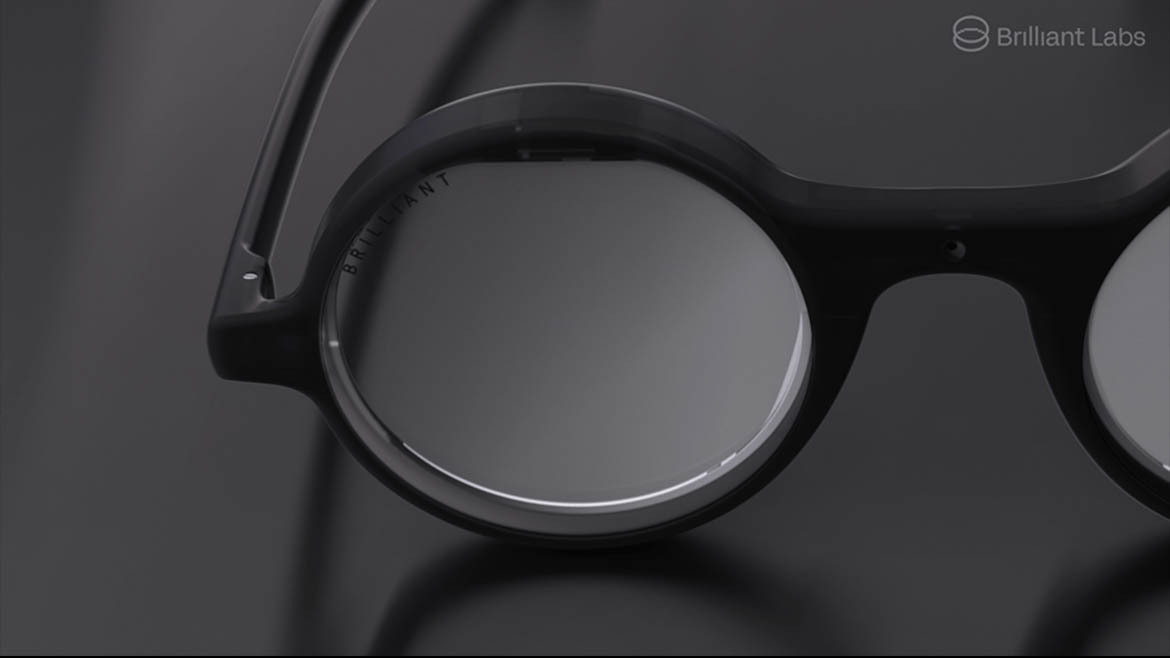
If there is one thing that Bobak wants to convey to readers, it is his confidence in developing a gadget that is open-source and customizable (in a positive way). “It is important for developers, hackers, artists, and scientists to deeply engage with this technology and fully comprehend its implications for all of us, as a whole,” he informs me.
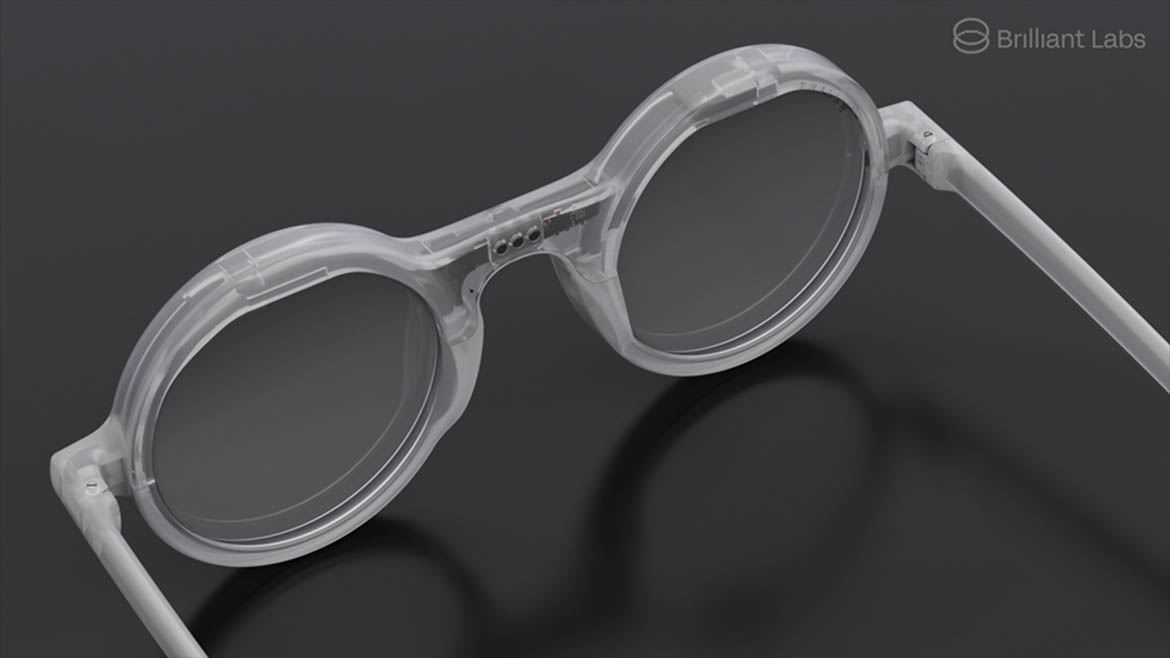
The Frame may be preordered starting today and is priced at $349. Shipments will start in April. Brilliant Labs has also collaborated with AddOptics to offer “precision bonded” prescription lenses for individuals who require them.
Stay Updated about the latest technological developments and reviews by following TechTalk, and connect with us on Twitter, Facebook, Google News, and Instagram. For our newest video content, subscribe to our YouTube channel.
Read More: Apple Redesigns iCloud App for Windows
